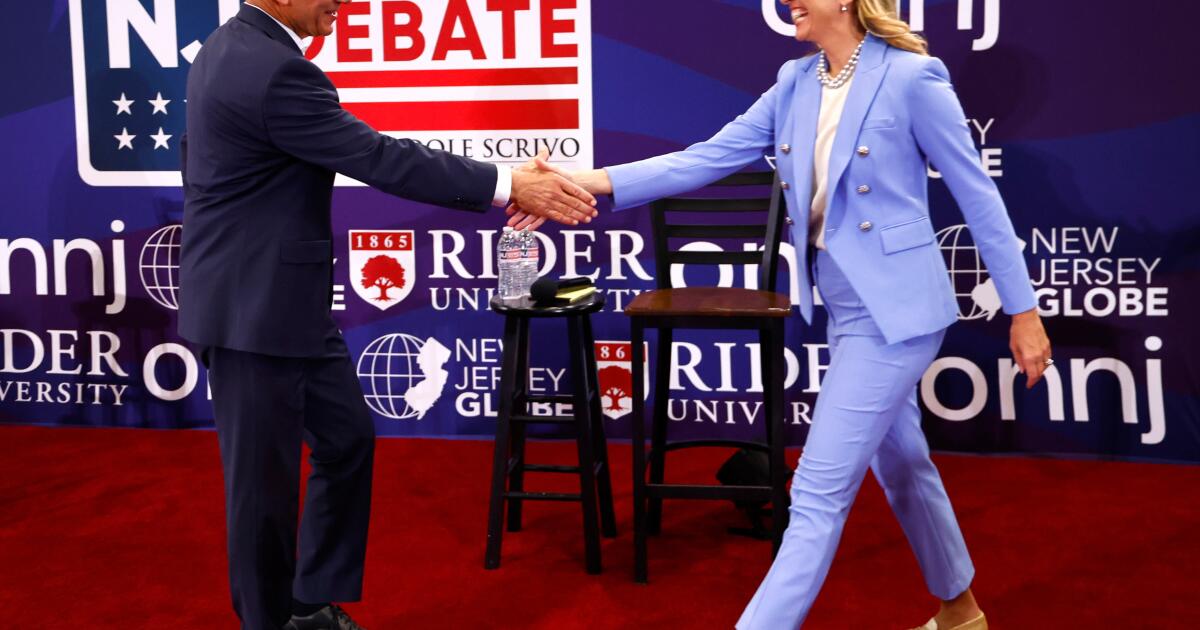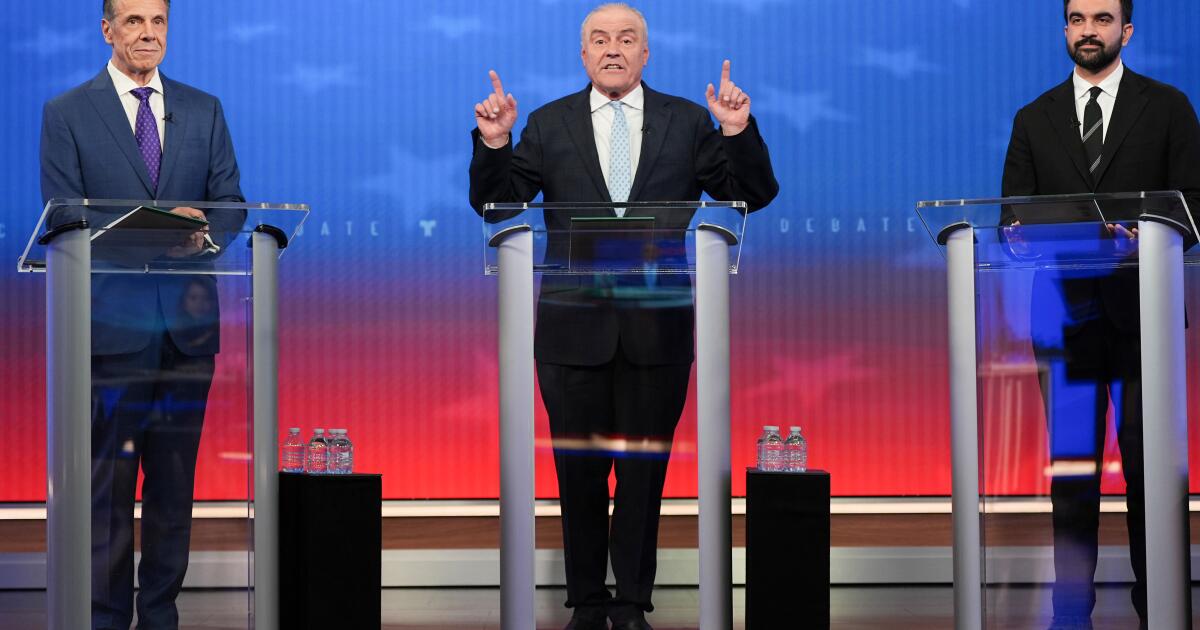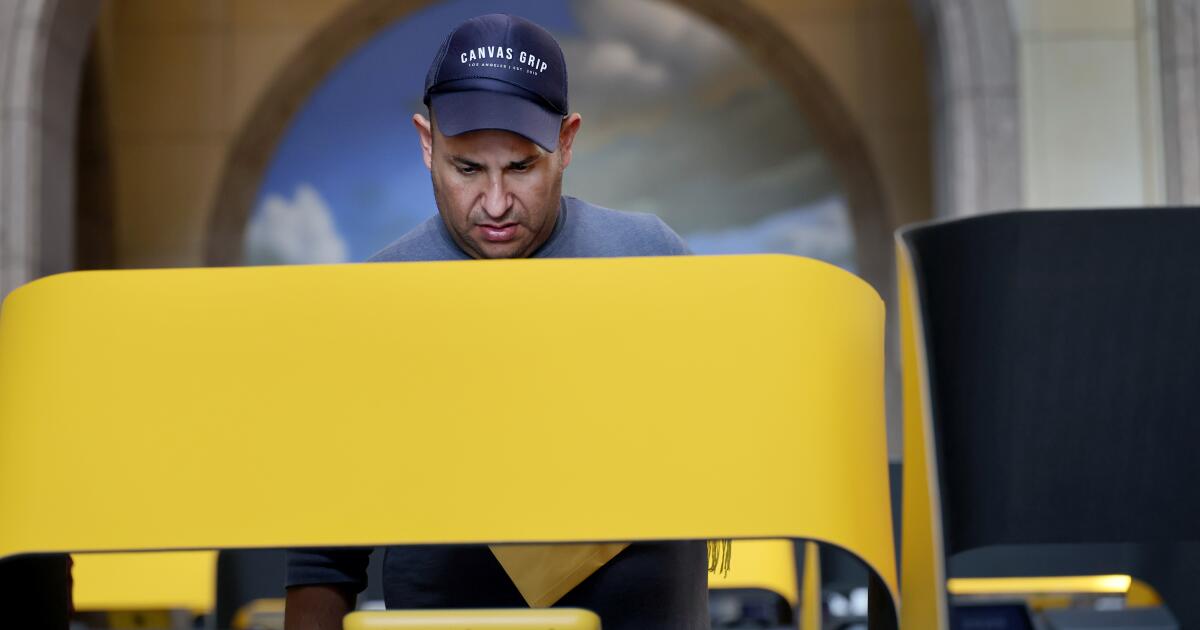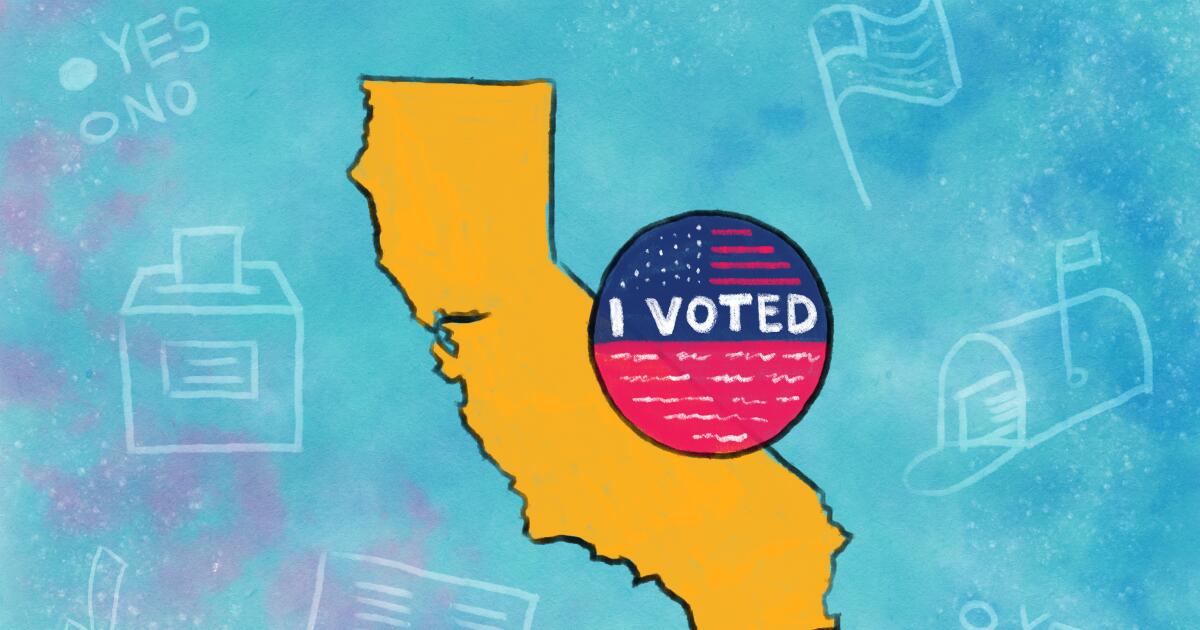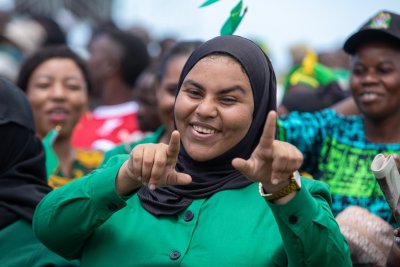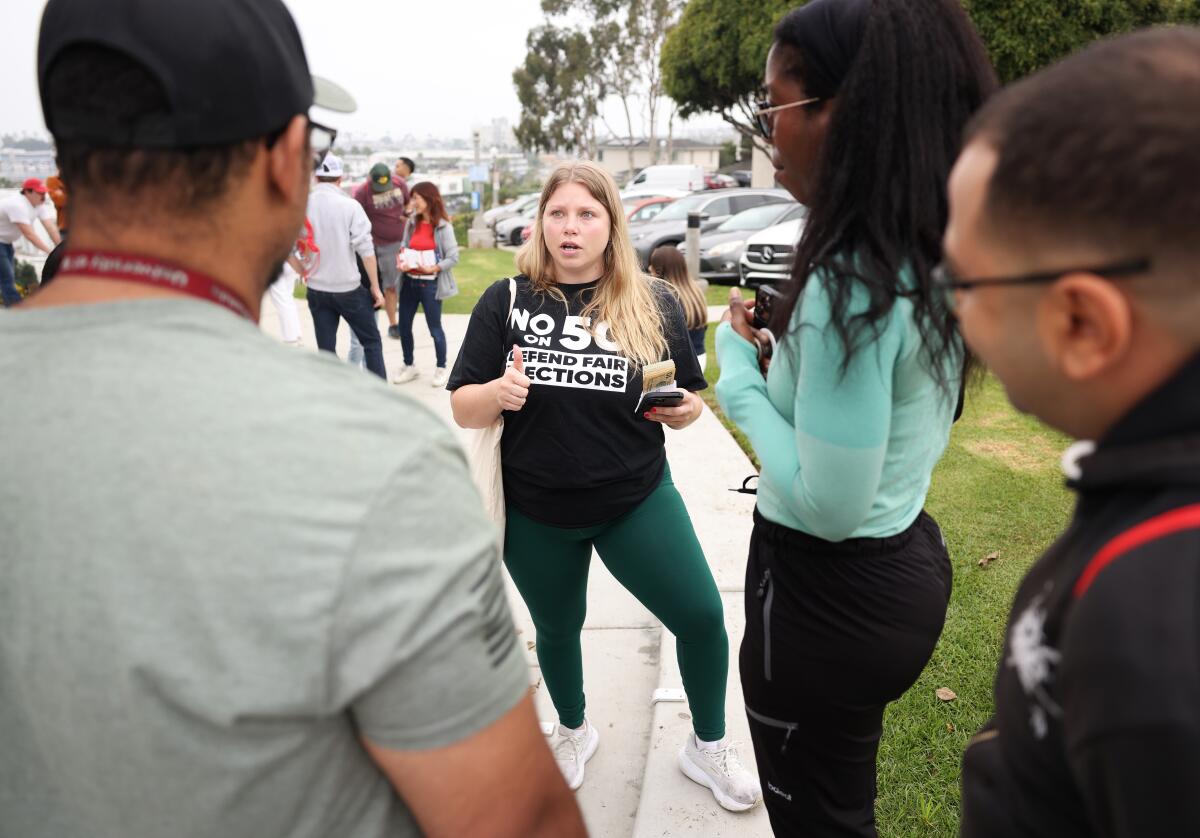What’s on the ballot in the first general election since Trump retook the White House
WASHINGTON — One year after Trump retook the White House and set into motion a dramatic expansion of executive power, the Republican president figures prominently in state and local elections being held Tuesday.
The results of those contests — the first general election of Trump’s second term — will be heralded by the victors as either a major repudiation or resounding stamp of approval of his second-term agenda. That’s especially true in high-profile races for Virginia and New Jersey governor, New York City mayor and a California proposition to redraw its congressional district boundaries.
More than half of the states will hold contests on Tuesday. Here’s a look at some of the major statewide and local races on the ballot:
Governors: New Jersey and Virginia
In New Jersey, Democrat Mikie Sherrill and Republican Jack Ciattarelli are the nominees to succeed term-limited Democratic Gov. Phil Murphy. Sherrill is a four-term U.S. representative and former Navy helicopter pilot. Ciattarelli is a former state Assemblyman backed by Trump. In 2021, Ciattarelli came within about 3 percentage points of toppling Murphy.
In Virginia, Republican Lt. Gov. Winsome Earle-Sears and Democratic former U.S. Rep. Abigail Spanberger look to replace term-limited Republican Gov. Glenn Youngkin. While Spanberger has made some efforts to focus on topics other than Trump in stump speeches, the president remained a major topic of conversation throughout the campaign, from comments Earle-Sears made about him in 2022 to some of his more polarizing policies, such as the so-called One Big Beautiful Bill tax and spending cut measure and the widespread dismissal of federal workers, many of whom live in northern Virginia.
Trump was scheduled to participate in telephone rallies for the candidates on Monday night.
As the only gubernatorial races held in the year following a presidential election, the contests have long served as the first major test of voter sentiment toward the party holding the White House. In every race for governor since 1973, one or both states have elected a governor from a party different than that of the sitting president.
New York City Mayor
The race to lead the nation’s largest city features Democratic state legislator Zohran Mamdani, independent candidate and former Democratic Gov. Andrew Cuomo and Republican Curtis Sliwa.
Mamdani’s comfortable victory over Cuomo in the June primary generated excitement from the party’s more progressive wing and apprehension among the party establishment. Party leaders like Gov. Kathy Hochul and U.S. House Democratic leader Hakeem Jeffries eventually endorsed the self-described democratic socialist months after he won the nomination.
The winner will replace outgoing Mayor Eric Adams, who initially sought renomination as a Democrat. After losing the primary Adams opted to run as an independent, but dropped out of the race in September and eventually endorsed Cuomo. In February, the Trump Justice Department asked a court to drop corruption charges against Adams because the case impeded Trump’s “ immigration objectives.” Trump later said he’d like to see both Adams and Sliwa drop out of the race in an effort to defeat Mamdani.
California Proposition 50
California voters will decide a statewide ballot measure that would enact a new congressional map that could flip as many as five Republican-held U.S. House seats to Democratic control.
Proposition 50, championed by Democratic Gov. Gavin Newsom, is in response to a new Texas map that state Republicans enacted in August as part of Trump’s efforts to keep the U.S. House under Republican control in the 2026 midterms. The Texas plan, which could help Republicans flip five Democratic-held U.S. House seats, has sparked an escalating gerrymandering arms race among states to pass new maps outside of the regular once-a-decade schedule.
Pennsylvania Supreme Court
Control of the Pennsylvania Supreme Court will be at stake when voters cast Yes or No votes on whether to retain three justices from the high court’s 5-2 Democratic majority.
Partisan control of the court could have major implications for the 2028 presidential race, since justices might be asked to rule on election disputes, as they did in 2020. Spending on Tuesday’s contests is on track to exceed $15 million as Republicans have campaigned to end the majority and Democrats have responded.
If all three justices are ousted, a deadlock in the confirmation process to replace them could result in a court tied at 2-2. An election to fill any vacant seats for full 10-year terms would be held in 2027.
Other notable contests
VIRGINIA ATTORNEY GENERAL: Republican incumbent Jason Miyares seeks a second term against Democrat Jay Jones. Much of the fall campaign has focused on text messages suggesting violence against political rivals that Jones sent in 2022.
TEXAS-18: Sixteen candidates hope to fill a vacant congressional seat previously held by the late Democratic U.S. Rep. Sylvester Turner.
STATE LEGISLATURES: Control of the Minnesota Senate and Virginia House of Delegates is at stake, while New Jersey Democrats defend their 52-28 General Assembly majority.
BALLOT MEASURES: Maine voters will decide statewide questions on voting and a “red flag” law aimed at preventing gun violence. Texas’ 17 ballot measures include constitutional amendments on parental rights and limiting voting to U.S. citizens. Colorado and Washington also have statewide measures on the ballot.
MAYORS: Detroit, Pittsburgh, Jersey City and Buffalo will elect new mayors, while incumbents in Atlanta, Minneapolis and Cincinnati seek another term.
Yoon writes for the Associated Press.
